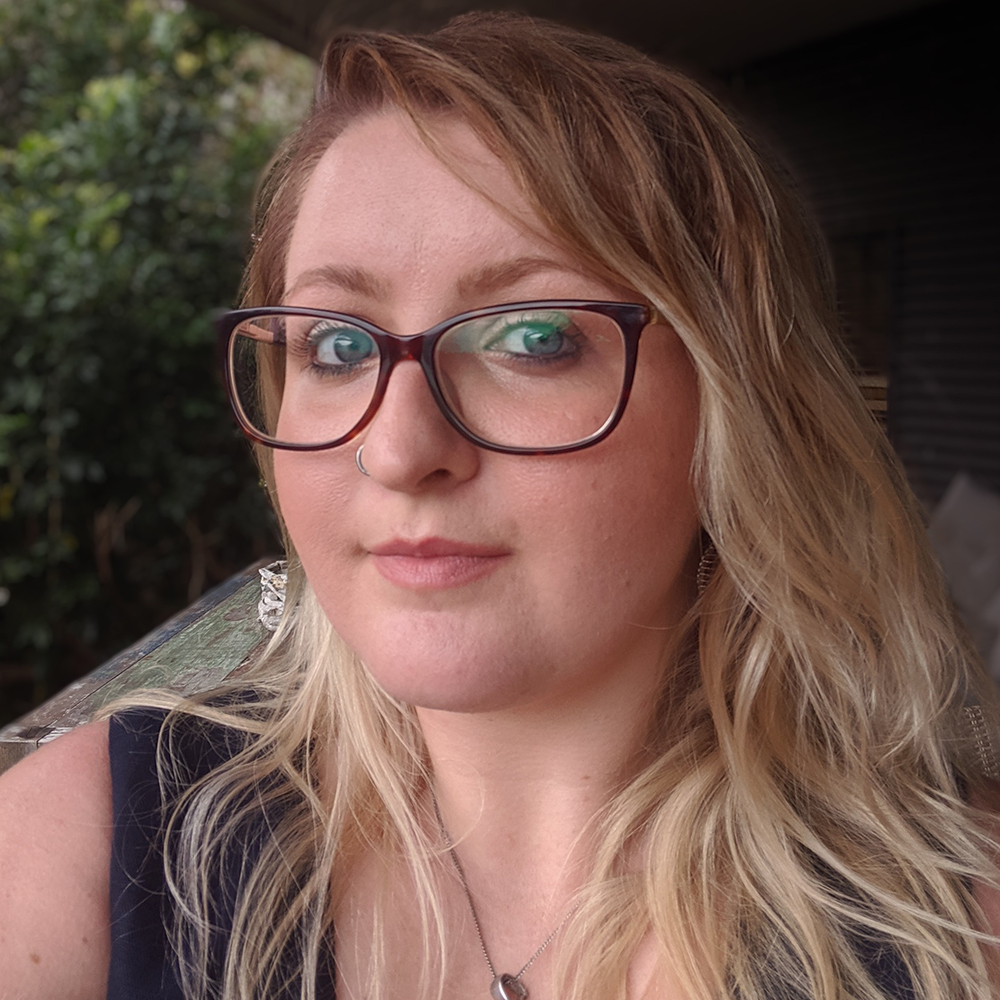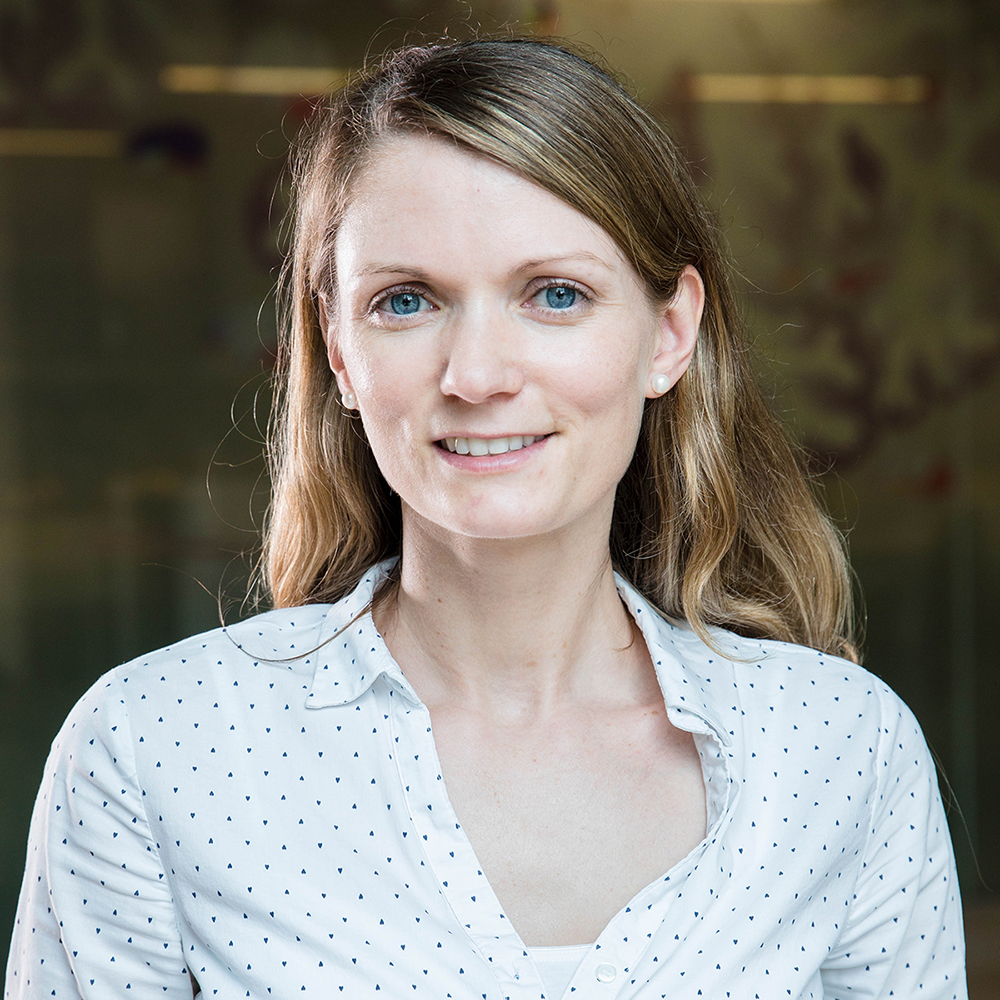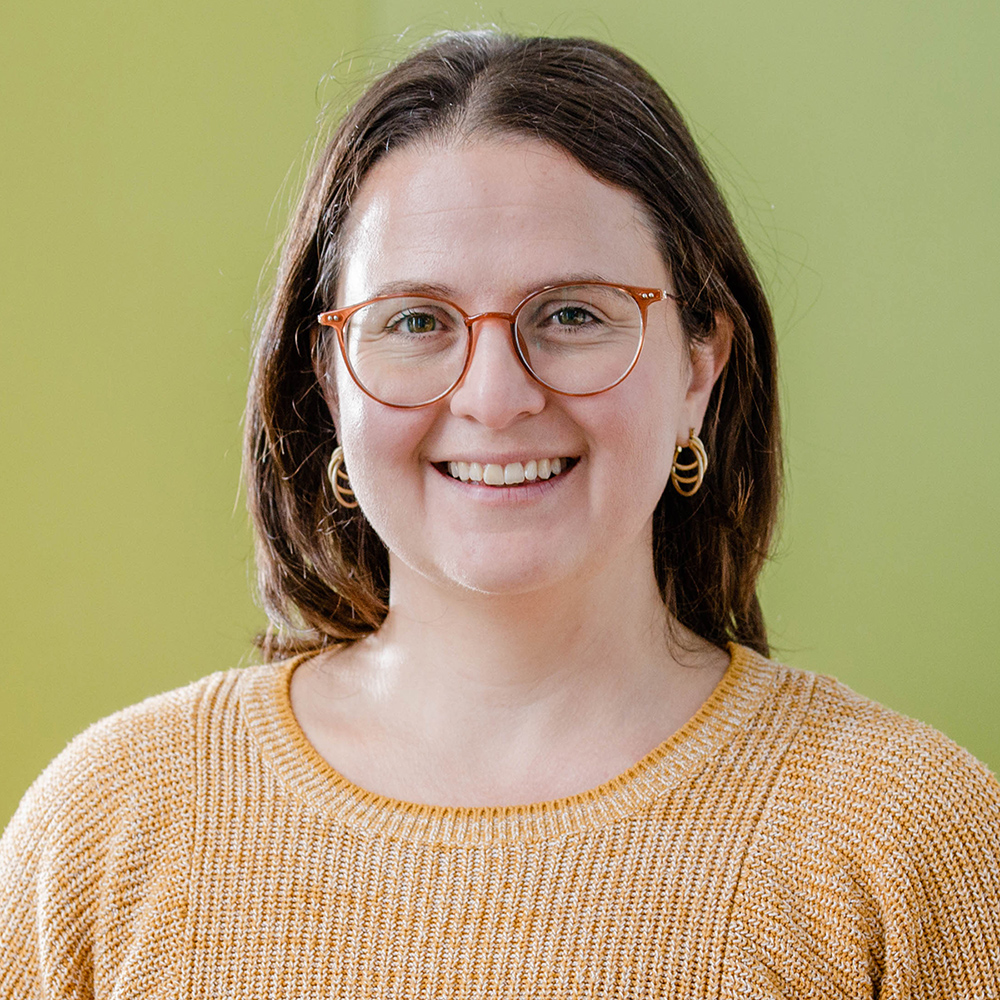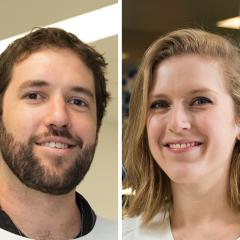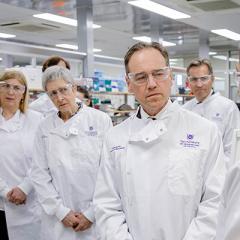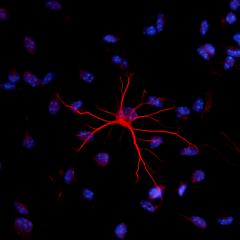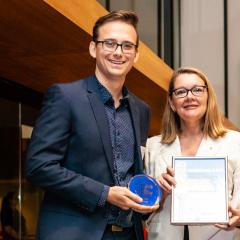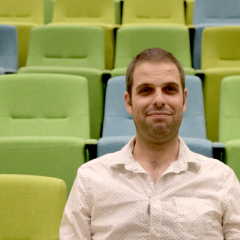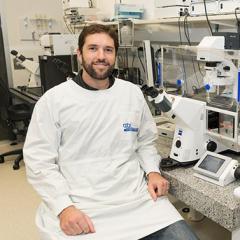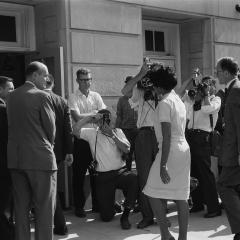Early and mid-career researchers
The Queensland Brain Institute is a vibrant, influential and world-renowned neuroscience institute with a strong team of early career researchers.
Early career researchers are attracted to QBI because of the world-class research, excellent infrastructure and facilities, and inspiring mentoring opportunities.
In order to provide an initial point of contact with the QBI EMCR community, and to facilitate contact with QBI faculty, the QBI ECR committee was established in 2015.
EMCR activities
- Student and Postdoc Association Meeting
The Student and Postdoc Association Meeting (SPAM) is a series of seminars that aims to showcase research being conducted at QBI or the broader UQ research community and provide practical information regarding science, research and academia as well as an opportunity to meet fellow students and early career researchers. SPAM events take place in a uniquely informal and relaxed environment that fosters open, active discussion among attendees and presenters. Every seminar is followed by some well-deserved time to unwind and socialise over drinks and food. SPAM is held every month at 4pm in QBI's level 7 interaction area. Information concerning upcoming SPAM events can be found within the QBI Update and emails and advertised on the screens. If you have inquiries or would like to particiapte, please contact Tristan Wallis (t.wallis@uq.edu.au).
- Career Development Workshops
The QBI EMCR Committee organises Career Development Workshops addressing important topics related to the development of EMCRs' careers, with the aim of improving EMCRs' knowledge on career planning and opportunities.
Contact |
|---|
.
Tristan Wallis
QBI ECR committee, Chair
t.wallis@uq.edu.au
Tristan completed his PhD at CSIRO/LaTrobe University Biochemistry a long long time ago, analysing post translational modifications of viral proteins. After helping establish proteomics facilities at IMB and QIMR, he spent 9 years working as a research pathologist at the Mater Hospital in Brisbane developing mass spectrometry based assays for metabolic diseases. Since joining Fred Meunier’s Single Molecule Neuroscience lab at QBI in 2017, Tristan has been involved in demonstrating the role of saturated lipids in learning and memory, and has also branched out into protein dynamics, developing software pipelines for spatiotemporal analysis of super resolution microscopy data.
Rachel Gormal
QBI ECR committee, Vice-chair
r.gormal@uq.edu.au
Rachel obtained a Bachelor of Science Majoring in Neuroscience with Honours in 2009 from the University of Queensland. She continued her work in the Single Molecule Neuroscience Laboratory head by Prof. Frederic Meunier working as a Research Assistant and then Lab manager for over a decade before obtaining her PhD at Griffith University in 2022. Her research focus is primarily on the study of neuro endo- and exo-cytosis mechanisms, by applying molecular biology and super-resolution microscopy approaches.
Jing Zhi Anson Tan
Anson received his PhD in 2018 from the University of Melbourne. His PhD research investigated the molecular basis of membrane trafficking and protein sorting in the trans-Golgi network. In 2020, Dr Tan joined the Queensland Brain Institute as a Postdoctoral Research Fellow at the Clem Jones Centre for Ageing Dementia Research. His research at the Anggono laboratory aims to understand the molecular mechanisms of membrane trafficking in neurons, processes that are essential for synaptic transmission, plasticity, learning and memory, and how their dysregulation led to neurodegenerative diseases and neuropsychiatric disorders.
Odette Leiter
QBI ECR committee, Events team
o.leiter@uq.edu.au
Odette completed her PhD in 2018 at the Technische Universität Dresden (Germany), investigating neuro-immune crosstalk in the regulation of adult hippocampal neurogenesis. Passionate about exercise, she joined Dr Tara Walker’s group at QBI to investigate how systemic factors that are released into the blood following exercise stimulate new neuron generation in the adult hippocampus. In understanding the underlying mechanisms of exercise-induced neurogenesis, Odette’s project seeks to find strategies to boost neurogenesis in the ageing brain in which the levels of neurogenesis are drastically reduced, concomitant with cognitive impairments.
Deniz Ertekin
QBI ECR committee, Events team
d.ertekin@uq.edu.au
Deniz obtained her PhD from the University of Queensland, Queensland Brain Institute (QBI) in 2020. Her research focuses on understanding the complex neural circuits of the brain, and she uses the fruit fly, Drosophila as a model organism to investigate these circuits.
Deniz is currently working as a postdoc in Barry Dickson’s lab investigating the development and function of neural circuits, using Drosophila courtship as a model system.
Mason Musgrove
QBI ECR committee, student representative
m.musgrove@uq.edu.au
Mason is a PhD student with the Bredy lab on level 6, studying cognitive neuroepigenetics, with a focus on RNA trafficking and dynamics.
Career planning is one of the first steps to success, and the two main components to reach career goals are timing and information/knowledge. The QBI ECR Committee organises Career Development Workshops addressing important topics related to the development of ECRs' careers, with the aim of improving ECRs' knowledge on career planning and opportunities.
Career Development Workshops are opened to all ECRs at UQ. Check the QBI events page regularly for upcoming workshops.
2017 Workshops
For 2017, we are going to focus on the careers within academia and the different pathways available to ECRs. The proposed workshops are:
- March 2017: Management and leadership skills to become a group leader
- August 2017: Careers opportunities in teaching within academia
- November 2017: What is available and open to ECRs outside academia and industry?
Previous workshops
In 2016, we decided to focus on alternative careers outside academia and the industry side for ECRs.
1. Establishing interactions and collaborations with industry
The workshop was aimed to increase the awareness of ECR on how to interact and approach with industry partners. The workshop was popular and attended by 86 ECRs from QBI, UQ and external. The speakers were:
- Prof Jürgen Götz (QBI), Academy vs Industry research
- Dr Karen Hussey (GCI), Collaborating with an industry partner
- Dr Craig Belcher (Uniquest), Safely interacting with industry
- Roberto Lozada (Medtronic), Medtronic and QBI
2. Expanding your horizons: How your scientific skill set is useful in a wider market job
The second workshop was aimed to address the job opportunities and “alternative” career positions available in industry. The workshop was very popular and attracted 181 ECRs from QBI and UQ. The speakers were:
- Hugh Bradlow (Telstra), Bringing research skills to industry
- Trevor Neuville (Tranzition), identifying your skill set
- Belinda Ramirez (Medtronic), Networking, a brief how-to guide'
To increase interdisciplinary research and communication between young scientists, QBI ECRs from different research groups present and discuss their research together on A Grey Matter, QBI's neuroscience podcast. Every month we discuss differents topic.
If you have ideas for a great panel discussion or want to present your research yourself, please contact our communications subcommittee Martyna Grabowska (m.grabowska@uq.edu.au) and Angelo Tedoldi (a.tedoldi@uq.edu.au).


